Deir ez-Zor (Arabic: دير الزور Dayr az-Zūr; Syriac: ܕܝܪܐ ܙܥܘܪܬܐ Dayrāʾ Zəʿōrtāʾ) is the largest city in eastern Syria and the seventh largest in the country. It is now part of the Democratic Federation of Northern Syria.
In the 2004 census, Deir ez-Zor had a population of 211,857 people. It lies on the shores of the Euphrates River.
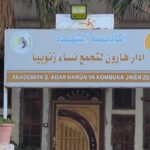
There are walls in hearts, walls between people coming together, walls blocking connection and development just like the border between the Turkish and Syrian Nation state, that is separating peoples and cities that used to be one. These days we see how walls can be overcome, with people on both side of the border chanting
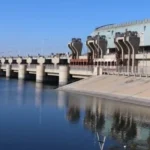
The policies of the Turkish occupation have caused severe damage to electricity production in the North and East Syria region, with electricity output dropping by more than 90 percent as a result of the direct targeting of power generation stations, in addition to the reduction of water inflows into the Euphrates River.
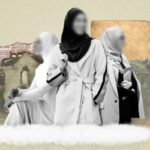
DEIR EZ-ZOR, Syria (North Press) – For more than a decade, Syria has endured one of the most complex humanitarian crises of the modern era, as the war has reshaped social structures and redefined the roles of its people. Amid these profound transformations, Syrian women have emerged as pivotal actors—confronting daily hardships, sustaining their families, and
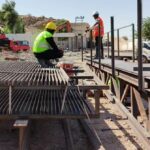
DEIR EZ-ZOR, Syria (North Press) – The eastern Syrian city of Deir ez-Zor is witnessing a major step toward ending its years-long water crisis with the launch of a large-scale project to rehabilitate the Euphrates Water Station, one of the region’s most vital infrastructure facilities. The initiative is being implemented in cooperation with UNICEF. The project
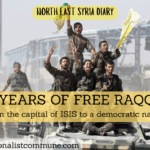
When I first visited Raqqa in 2022 with friends from the Internationalist Commune in Rojava, the consequences of the fight against the Islamic State were still evident everywhere: collapsed houses between the open rows of shops in the city center and bullet holes in the walls of many buildings. But the city also radiated something
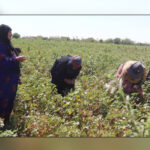
Women of Deir ez-Zor keep growing cotton despite all the difficulties caused by climate change and the ongoing attacks.
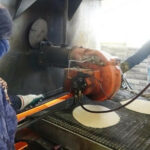
The bakery produces 4 tons of bread daily and tries to meet the needs of the people with overtime in case of higher demand.
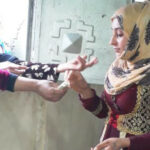
The women of Deir ez-Zor have started to take on a leading role in all areas after the region was liberated and are now strengthening their economies through the cooperatives they build.








